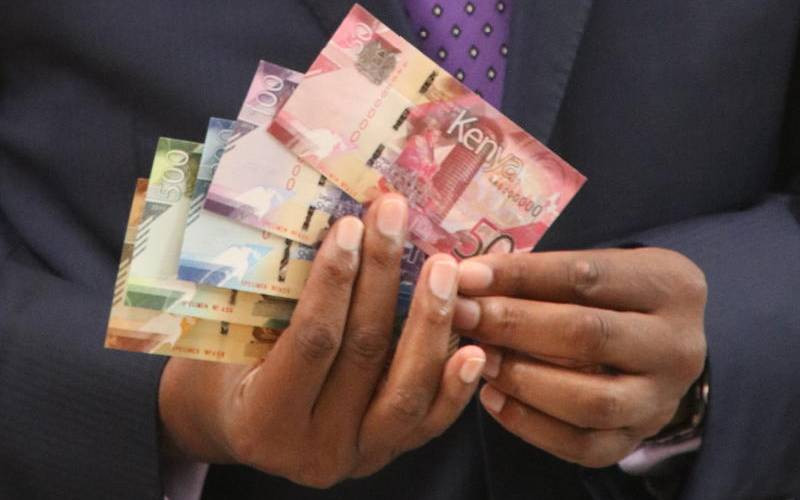×
The Standard e-Paper
Join Thousands Daily

The year 2023 was one of contrasting fortunes for Kenyan businesses.
From the shilling's record fall to a historic low to a surge in profit warnings in corporate Kenya, here is a round-up of Kenya's business rollercoaster in 2023: